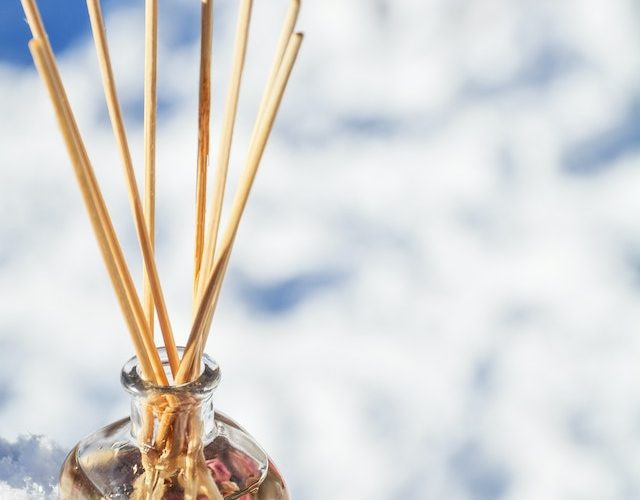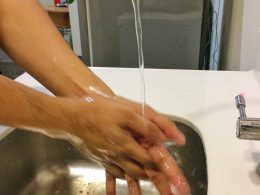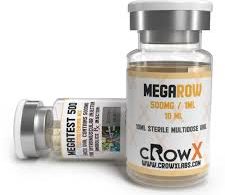Aromatherapy is a holistic practice that uses essential oils to promote physical, mental, and emotional well-being. If you’re new to aromatherapy and want to explore its benefits, here are ten essential tips to help you get started:
- Choose High-Quality Essential Oils: Quality is crucial when it comes to essential oils. Look for reputable brands that offer pure, therapeutic-grade oils. Avoid synthetic fragrances or oils that are diluted with additives.
- Start with a Few Essential Oils: Begin your aromatherapy journey by selecting a few essential oils that resonate with you. Popular options for beginners include lavender, peppermint, lemon, tea tree, and eucalyptus. Each oil has its unique properties and benefits.
- Educate Yourself on Safety Guidelines: Essential oils are potent and should be used with caution. Learn about proper dilution ratios, usage guidelines, and any precautions or contraindications for specific oils. Some oils may not be suitable for children, pregnant women, or individuals with certain medical conditions.
- Use a Carrier Oil for Topical Application: Essential oils should not be applied directly to the skin. Dilute them in a carrier oil like jojoba, sweet almond, or coconut oil before applying to the skin. This helps prevent skin irritation and allows for better absorption.
- Experiment with Different Methods of Use: There are various ways to enjoy the benefits of essential oils. You can use them in diffusers, inhalers, steam inhalations, baths, or as massage oils. Experiment with different methods to find what works best for you.
- Practice Patch Testing: Before using a new essential oil topically, perform a patch test to check for any adverse reactions. Apply a diluted drop of the oil to a small area of your skin and observe for at least 24 hours for any signs of irritation or sensitivity.
- Start with Low Dilutions: When diluting essential oils for topical use, begin with lower dilution ratios, especially if you have sensitive skin. A good starting point is 1-2% dilution, which means using 1-2 drops of essential oil per teaspoon of carrier oil.
- Listen to Your Body’s Response: Pay attention to how your body and senses respond to different essential oils. Everyone’s reactions can vary, so observe how each oil affects your mood, energy, and overall well-being. Keep a journal to track your experiences.
- Blend Essential Oils Synergistically: Essential oils can be blended together to create unique and powerful synergistic effects. Experiment with combining different oils to create your own blends for specific purposes, such as relaxation, focus, or respiratory support.
- Respect Personal Preferences: Aromatherapy is a personal journey, so respect your own scent preferences. Some oils may appeal to you more than others, and that’s perfectly fine. Choose oils that you enjoy and that evoke positive emotions and sensations.
Remember, aromatherapy is not a substitute for professional medical care. If you have underlying health conditions or are pregnant, consult with a qualified aromatherapist or healthcare professional before using essential oils.
With these essential tips, you can embark on your aromatherapy journey with confidence and begin to experience the wonderful benefits of using essential oils for well-being and self-care.












